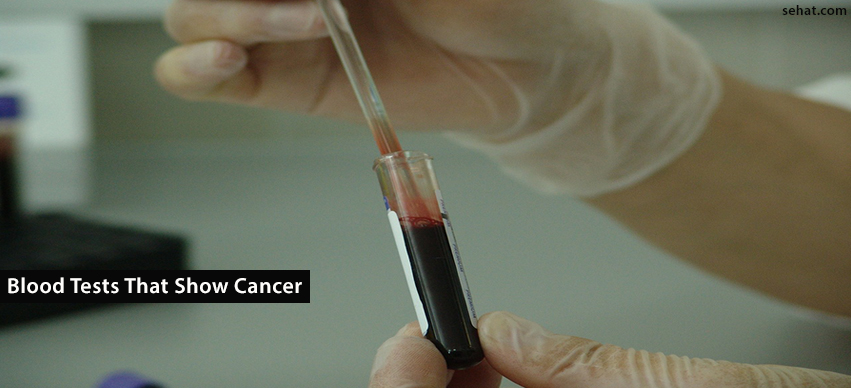Everyday Habits That Can Protect Your Eyes from Damage
4 Min Read


Cancer is one of the most feared medical conditions by the public and according to the World Health Organization (WHO), it is the second leading cause of death globally. Cancer arises from the transformation of normal cells into tumor cells, after going through many stages from a precancerous lesion. These changes are now found to be caused by genetic as well as external environmental factors. There are cancers which can be identified at an early stage but unfortunately many are identified at a later stage. With the new inventions of the medical field, multiple investigations have been developed to identify cancers. Among them, blood tests that show cancer is said to be playing a major role.
There are blood tests which can be done on patients who are suspected to be having cancers, as a supportive investigation. There are blood tests which are done to detect tumor markers in serum which are produced by tumor cells. But the specificity of those markers is found to be low because there are other normal cells which secrete similar markers. Yet they are been tested, as investigations which supports the diagnosis of cancer, or as a diagnostic criterion for cancers. In addition, they are also used as follow up investigations, to identify recurrences. Alpha-fetoprotein (AFP), CA-125, CA-19, Prostate-specific antigen (PSA), beta human chorionic gonadotropin (β-hCG), Carcinoembryonic antigen (CEA) are few of the tumor markers that are commonly been checked by the clinicians.
AFP is a tumor marker produced by liver cells and germ cell tumors. It is also produced by normal liver cells in response to a liver injury but the quantity may be significantly high in tumor cells.
The test can be done as an outpatient procedure, and only needs a simple drawing of a blood sample to be tested on.
No prior preparation is needed, nor the requirement of fasting. To correctly interpret the results, in women pregnancy should be excluded because it can give rise to false positivity.
The normal value for a non-pregnant woman is <10nanograms/ml of blood. This is used as a diagnostic test of liver cancer as well as to assess the stage of the disease and the response to treatment
CA-125 is another important marker secreted by ovarian tumors, but it is also elevated in conditions such as endometriosis, fibroids and pelvic inflammatory disease.
Like in AFP test, no prior preparation is needed, and a sample of blood is drawn for the testing. CA-125 is considered elevated when it is >35u/ml of blood. The level is used as a criterion to calculate the risk of malignancy index for ovarian tumors and to identify recurrences.
Pancreatic tumors, gallbladder cancers, and bile duct tumors produce a tumor marker called CA-19. <37U/ml is considered as the normal level for CA-19 and elevated levels are used in support of diagnostic and identification of recurrences in above-mentioned tumors.
Blood is drawn from a venous route and the serum is used to test the levels of CA-19. Even though the name states the antigen is specific to the prostate in PSA, it can be elevated in prostatitis, urinary tract infections, and post-catheterization.
To suspect a prostate tumor the level of PSA should be >4ng/ml. If it is >100ng/ml bone metastasis of primary prostate cancer should be suspected.
When testing for PSA levels, the patient should not have been catheterized for the past 2 weeks, and urinary tract infection should be excluded. A blood sample is drawn and serum is tested for PSA levels. Even if the PSA levels are normal but clinically suspicious of malignancy, further investigations should be done to confirm the presence of prostate cancer.
Î’-hCG is tested to detect chorionic carcinoma and germ cell tumors. Rather than as a diagnostic test, it is most useful as a test to assess the stage of the disease and the response to the treatment.
Normal level in a non-pregnant woman would be >10mIU/ml. A peripheral blood sample is tested at a well-equipped laboratory to assess the level of serum Î’-hCG.
EA levels are found to be elevated mainly in colorectal cancers but it can be also elevated in liver cancers and breast cancers. CEA levels can be falsely elevated if the patient is a smoker and the doctor should be informed about it prior to the test.
<3ng/ml is considered as the normal value for CEA and any level >25ng/ml is highly suspicious of cancer. Prior to the test, any ongoing infection should be excluded because it can give rise to falsely positive test results.
The new blood tests have made the diagnosis of cancers easier in the current era and the detection rate of cancers have markedly increased. The blood tests that show cancer are becoming popular globally because the attention to cancers among them have grown up along with the increased prevalence of cancers.